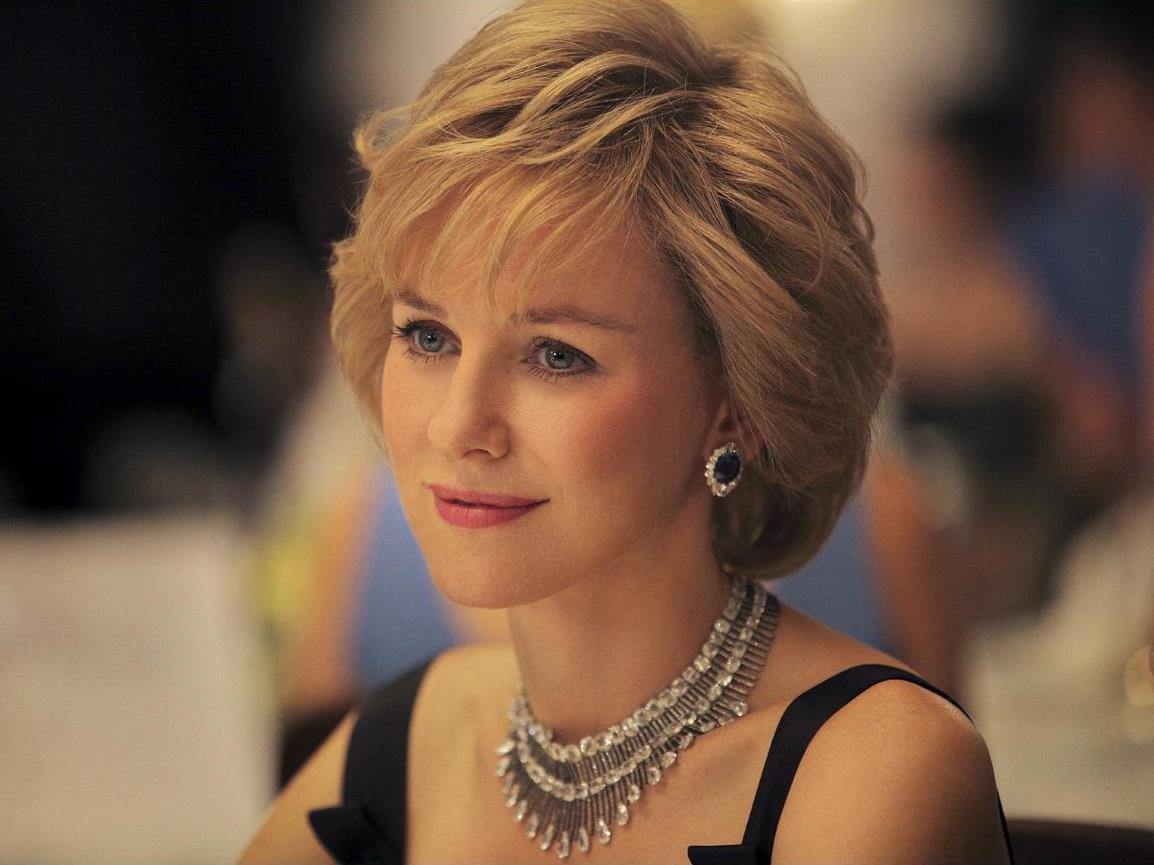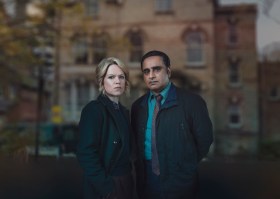The tale of the most famous woman in the world has taken its time to reach cinema screens, with 16 years passing since the untimely demise of Diana, Princess of Wales. Just as her name, status, and daily happenings were known in life, so too were her most intimate interactions made public knowledge after her death; indeed, any film about the affectionately nicknamed ‘People’s Princess’ and ‘Queen of Hearts’ has no shortage of material to draw upon.
As befitting her royal title, the story of Diana’s life straddled the average and the extraordinary, the sordid personal details and the polished professional deeds. It is no small disappointment that Oliver Hirschbiegel’s Diana, the first feature to attempt to peer beneath her enigma, favours the former over the latter – and that, in Stephen Jeffreys’ (The Libertine) adaptation of Kate Snell’s 2001 book Diana: Her Last Love, it is the soap opera of a princess and her forbidden romance that is the centre of attention.
In Diana, the year is 1995, the titular figure (Naomi Watts, The Impossible) is lonely and alone, and the media frenzy surrounding her every move shows no signs of subsiding. Given little access to her children after her separation from Prince Charles, though surrounded by people, she lacks for company; her unlikely connection with heart surgeon Hasnat Khan (Naveen Andrews, TV’s Lost) is wanted, but unexpected. Alas, the former’s fame and the latter’s preference for privacy proves troubling, even as their affair continues. Of course, Diana’s final months with another love, Dodi Fayed (Cas Anvar, Argo), are well known; her dalliance with Hasnat cannot have a happy ending.
In 2004’s Downfall, Hirschbiegel filled the gaps of a true tale with compelling results; however the skill, style and subtlety then demonstrated are now noticeably absent. Instead, in Diana he shows two modes of operation: sentimentality and re-creation, both only ever heavily handled. His subject is idealised and idolised, unable to step a foot wrong, and always painted as a misunderstood martyr. Her speculated trysts with Khan monopolise much of the movie, but to break up the melodrama the film re-stages several recognisable photo opportunities, demonstrating the lack of nuance expected with such a tactic.
Accordingly, the feature is as broad and bland as the reverential treatment suggests, absent the spark that endeared Diana to her legions of fans: personality. In horrendous dialogue determined to tell all but say little, the film is repetitive in its insistence that the princess was different, daring, and unwilling to abide by the Palace’s rules, yet it displays none of that spontaneity in its execution. Solemnity is the only tone on offer; in avoiding sensationalising the beloved royal, it sways too far in the opposite direction. Repetition, too, is in plentiful supply, as is predictability.
For all the film’s misfirings, Watts shows drive in her impersonation of Diana, aping her mannerisms and speech with conviction. Her performance may be more imitative than innate, but energy shows in her endeavour – something sorely missing in the film that surrounds her. Andrews also does the best he can with dire material, but the less said about their stretched-out scenes of flirting and bickering, the better. In time, hopefully little will be recalled of their combined effort, and the film that houses them; unlike its subject, Diana is barely worth remembering.
Rating: 1 ½ stars out of 5
Diana
Director: Oliver Hirschbiegel
UK / France, 2013, 113mins
Release date: October 10
Distributor: Becker
Rated: M
Actors:
Director:
Format:
Country:
Release:





